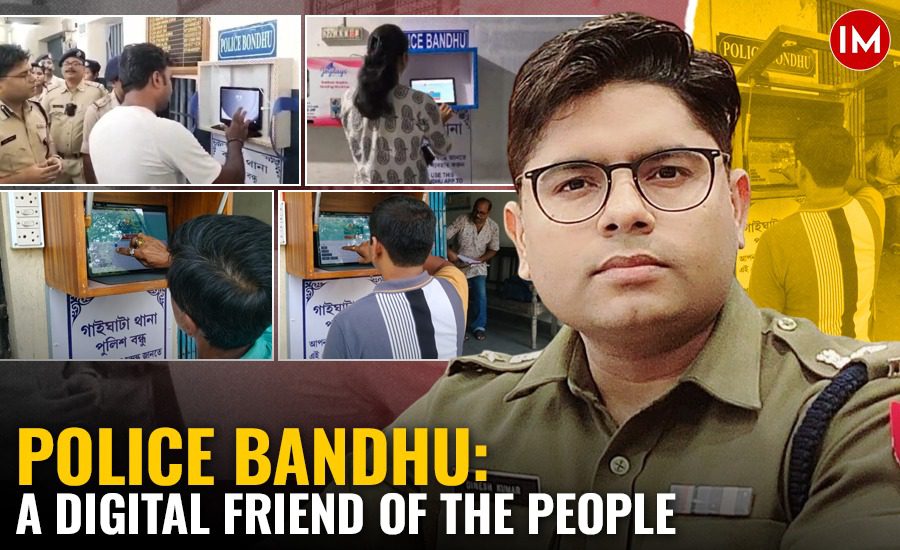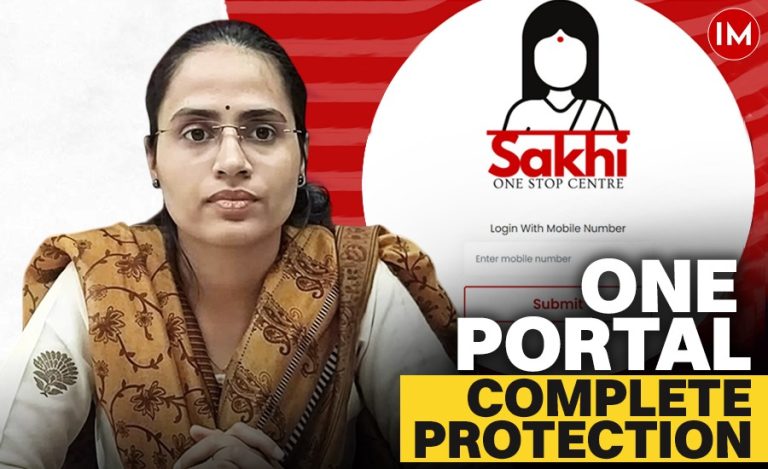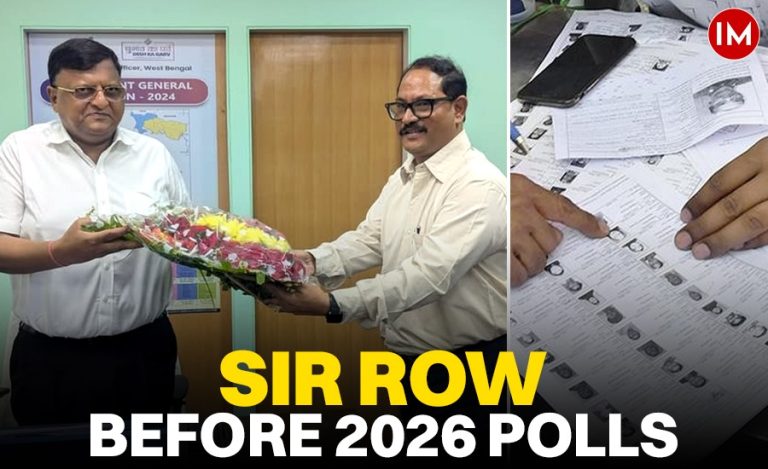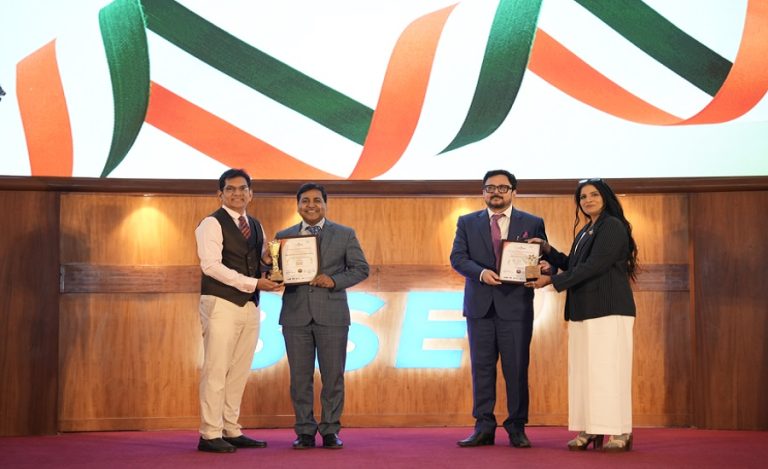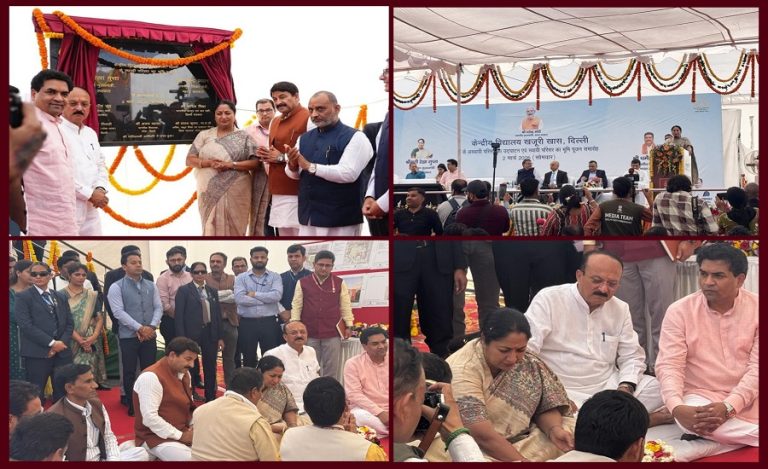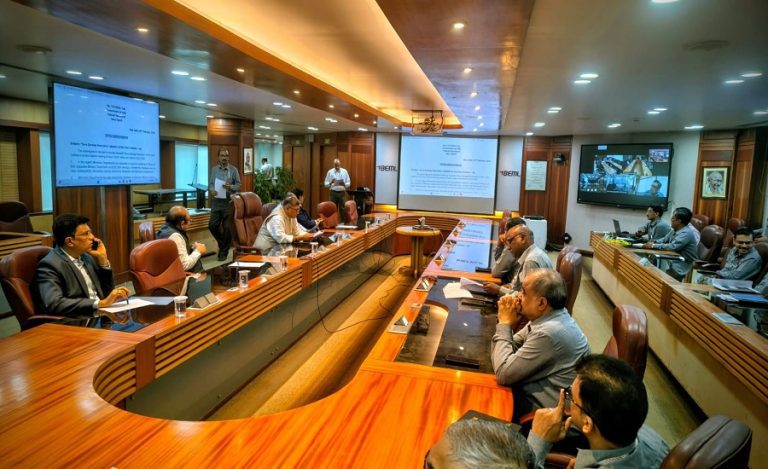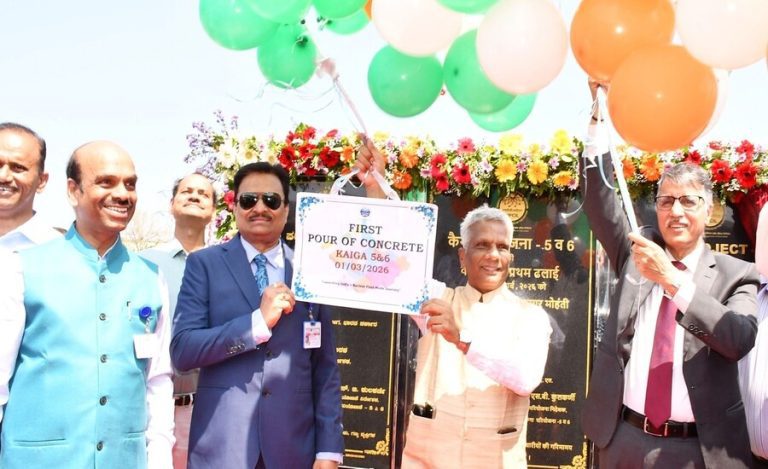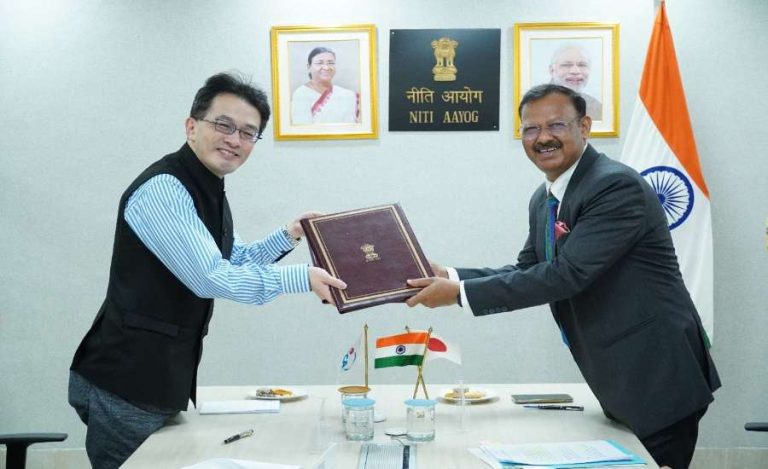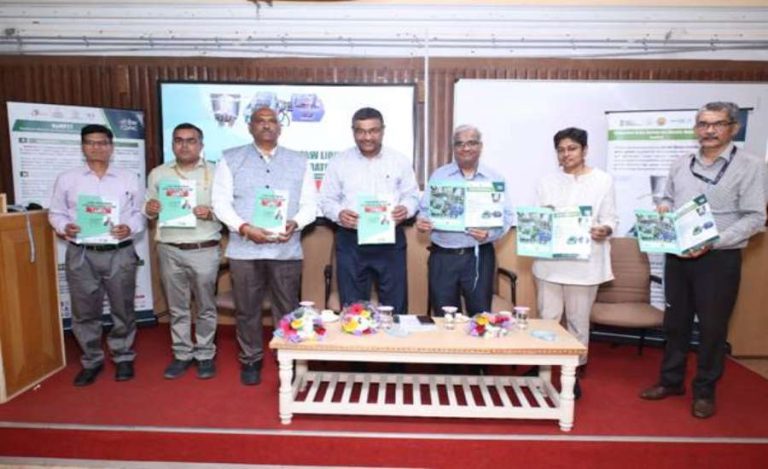One morning in Bongaon, a small border district of West Bengal, 62-year-old Shibani Das (fictional name) walked into her local police station, nervous and unsure. She had lost her savings to a fraudster and feared she would never see justice. But to her surprise, the officer at the desk didn’t hand her a pile of forms. Instead, he showed her a screen – where her FIR was registered instantly, and a message pinged on her phone. Later that evening, her son checked the same case’s progress online.
For the first time, Shibani didn’t feel powerless.
That’s the quiet revolution ‘Police Bandhu’ has brought to policing in Bongaon.
A FIRST-OF-ITS-KIND INITIATIVE
Police Bandhu, an Integrated District Police Management System, is the first of its kind not only in West Bengal but across India. Conceptualized and implemented under the leadership of Superintendent of Police Dinesh Kumar, an IPS officer of 2012 batch from West Bengal cadre, it has transformed how police and citizens interact.
The idea was simple but powerful – to bridge the digital gap between FIR registration and final report submission. Earlier, citizens had to visit police stations multiple times to know what happened to their complaints. Now, they can log in using an OTP-based system and see every step of the investigation in real time.
“People used to feel helpless once their complaint was filed,” says SP Kumar to Indian Masterminds. “We wanted to give them visibility and control. When people can see the progress, they start trusting the system again.”
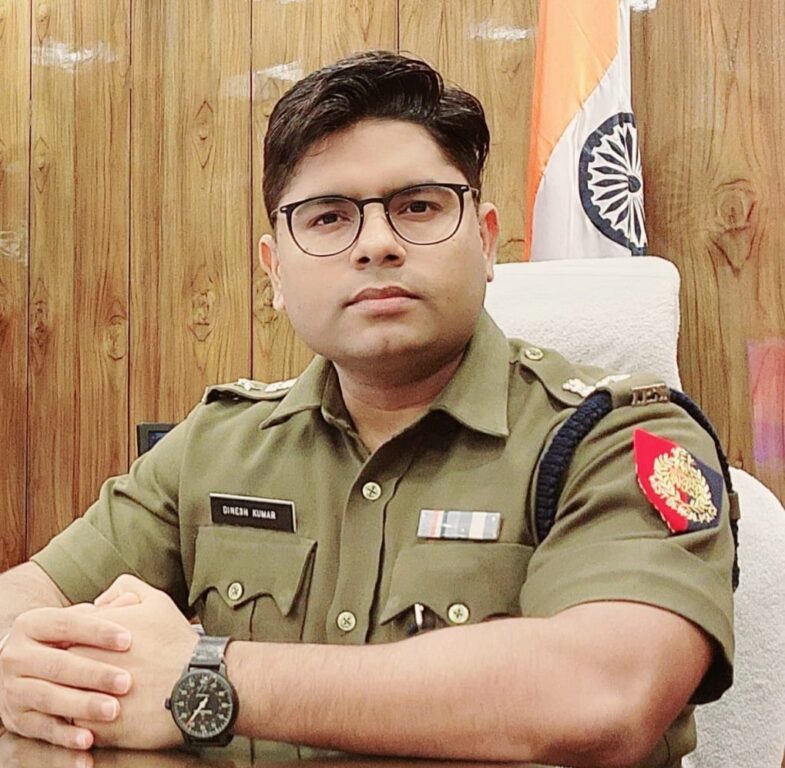
HOW IT WORKS
Police Bandhu functions as a comprehensive digital suite. It connects every level of the police hierarchy — from constables to supervisory officers — through a structured, role-based digital workflow.
Citizens can log in to view the progress of their FIRs, download copies, leave feedback for Investigating Officers (IOs), and even make video calls to senior officers through special Police Bandhu Kiosks installed in all seven police stations of the district.
For the police, it provides a complete ecosystem. Each officer has access to dashboards showing pending cases, sensitive case alerts (like rape or POCSO), and deadlines for final reports. Supervisory officers can track investigations in real time, issue directions, and ensure compliance.
“Our officers no longer have to chase files,” explains Mr. Kumar. “Everything from case diaries to forensic reports is uploaded digitally. This saves time, reduces duplication, and brings accountability.”
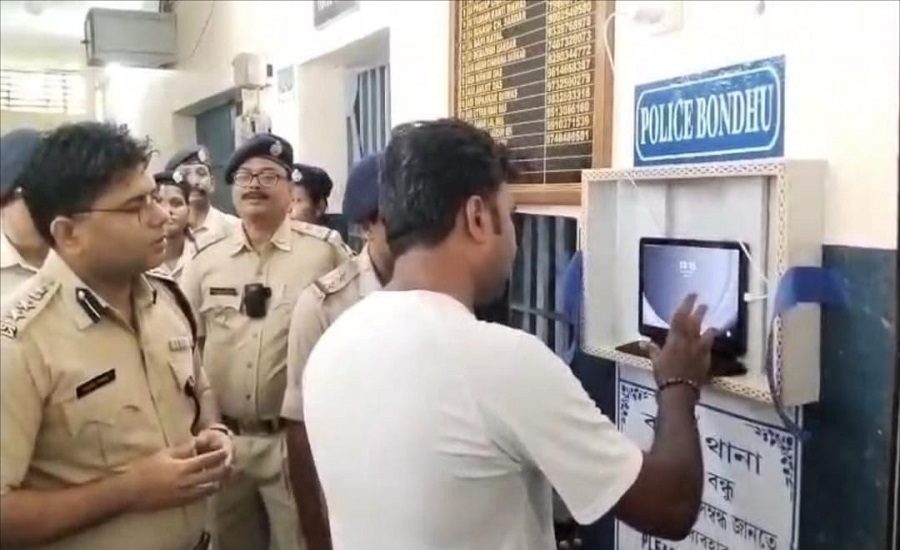
DATA-DRIVEN POLICING
Police Bandhu goes beyond basic case tracking. It integrates crime mapping, GPS-based tracking, and CCTV data, enabling better patrolling and blackspot analysis. Officers can verify passports, arms licenses, hotel records, and vehicle documents through the system itself — making the entire process faster and more reliable.
The system also supports trial monitoring, tracking witness attendance and High Court compliance orders. Reports on pending forensic tests, postmortems, or vehicle inspections are automatically flagged for follow-up.
Another key aspect is human resource management. The system maintains a centralized record of personnel, enabling smarter deployment based on skills and health status. Through the FITCOP initiative, police personnel also receive counseling and stress management sessions — a rare and much-needed measure in policing.
“Policing is demanding. Our people deal with trauma daily,” says Mr. Kumar. “We can’t serve society well if our own team is suffering silently. FITCOP ensures our officers are mentally and physically fit to do their jobs.”
BUILDING TRUST THROUGH TRANSPARENCY
Perhaps the biggest achievement of Police Bandhu is how it has rebuilt the bond between citizens and the police. People no longer have to rely on middlemen or wait endlessly for updates. The process is visible, participatory, and empowering.
Citizens can check the progress of their complaints anytime, leave remarks if they feel unsatisfied, and directly connect with senior officers for guidance. This has created an unprecedented level of trust in the policing system.
The initiative has also reduced the number of visitors to police stations for routine updates, allowing officers to focus more on investigations and community work.
NO EXTRA COST, BIG IMPACT
One of the most impressive aspects of this project is that it was implemented without any additional budget. Using existing infrastructure, vehicles, and manpower, the team created a sustainable and scalable model.
The results speak for themselves — faster investigations, improved supervision, fewer delays, and a significant reduction in procedural lapses like default bail. Around 5,000 cases are now being tracked annually through the system, ensuring that no file gets lost in the bureaucracy.
“Efficiency doesn’t always require big funding,” smiles Mr. Kumar. “Sometimes it just needs commitment. We used what we already had and made it work smarter.”
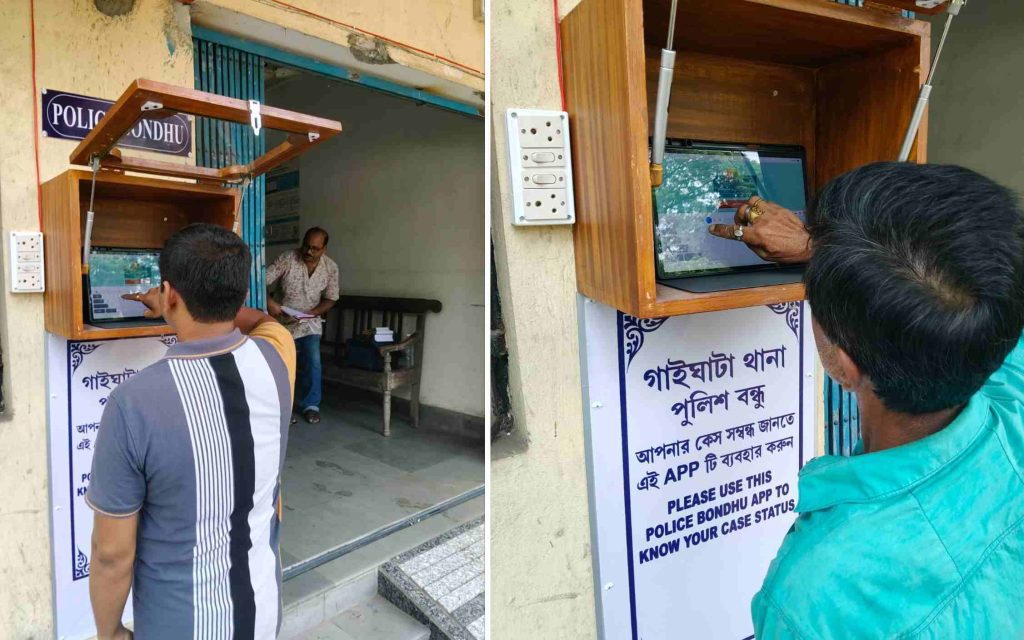
A MODEL FOR MODERN POLICING
Police Bandhu has turned Bongaon into a model district for digital policing. Its emphasis on transparency, accountability, and empathy has shown that technology can humanize policing rather than replace it.
Other districts in West Bengal — and even beyond — are now studying the model to replicate its success.
In a world where citizens often see police as distant or unapproachable, Police Bandhu lives up to its name — a true friend of the people. It not only modernizes investigations but also brings back what matters most in public service: trust.
And for people like Shibani Das, who can now see her case progress with a single tap, it’s not just an app — it’s a symbol of hope that the system finally listens.

